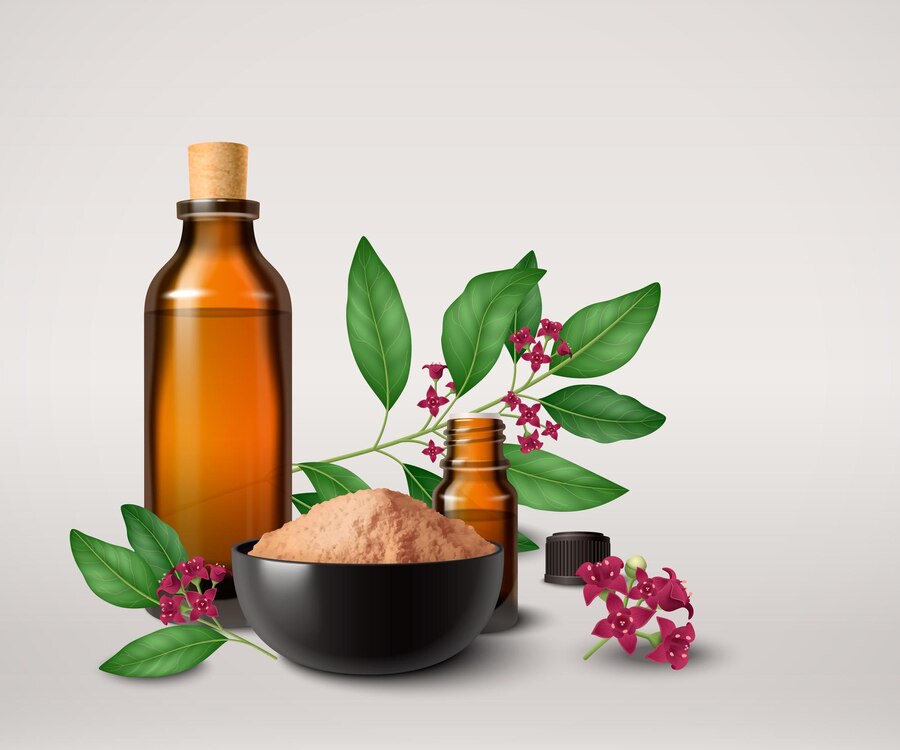
Natural Remedies for Seborrheic Folliculitis: Herbal Treatments and Lifestyle Changes
Dealing with seborrheic folliculitis can be bothersome, but there are natural remedies and lifestyle changes that may help alleviate symptoms and promote skin health. If you’re looking for alternative options to manage seborrheic folliculitis, consider trying some of these natural approaches.
1. Tea Tree Oil:
Tea tree oil is known for its natural antifungal and antibacterial properties, making it a popular choice for treating skin conditions like seborrheic folliculitis. Dilute tea tree oil with a carrier oil like coconut or olive oil and apply it to the affected areas daily to help reduce inflammation and control yeast overgrowth.
2. Apple Cider Vinegar:
Apple cider vinegar has antimicrobial properties that may help combat the yeast responsible for seborrheic folliculitis. Mix equal parts apple cider vinegar and water and apply it to the affected areas using a cotton ball. Leave it on for a few minutes before rinsing it off with water.
3. Aloe Vera:
Aloe vera is known for its soothing and healing properties, making it beneficial for relieving itching and inflammation associated with seborrheic folliculitis. Apply fresh aloe vera gel directly to the affected areas and leave it on for at least 30 minutes before rinsing it off with water.
4. Coconut Oil:
Coconut oil contains lauric acid, which has antimicrobial properties that may help combat yeast overgrowth and reduce inflammation. Apply coconut oil to the affected areas and leave it on overnight for best results. Rinse it off in the morning with water.
5. Probiotics:
Probiotics, found in fermented foods like yogurt, sauerkraut, and kefir, may help restore the balance of good bacteria in the gut and support a healthy immune system. Incorporating probiotic-rich foods into your diet may help reduce inflammation and promote overall skin health.
6. Lifestyle Changes:
In addition to herbal treatments, making certain lifestyle changes may help manage seborrheic folliculitis effectively. These include:
- Maintaining Good Hygiene: Keep the affected areas clean and dry to prevent yeast overgrowth and bacterial infections.
- Avoiding Harsh Products: Use gentle, fragrance-free skincare products to avoid further irritation and inflammation.
- Managing Stress: Stress can weaken the immune system and exacerbate skin conditions like seborrheic folliculitis. Practice stress-reducing activities like yoga, meditation, or deep breathing exercises.
Conclusion:
While natural remedies and lifestyle changes may help alleviate symptoms of seborrheic folliculitis, it’s essential to consult with a healthcare professional for proper diagnosis and treatment recommendations. With patience and consistency, you can find natural approaches that work best for you and promote healthier skin.
To seek medical advice, always consult a Doctor. Here are our recommended EXPERTS. Click here
To read more on SKIN. Click Here



